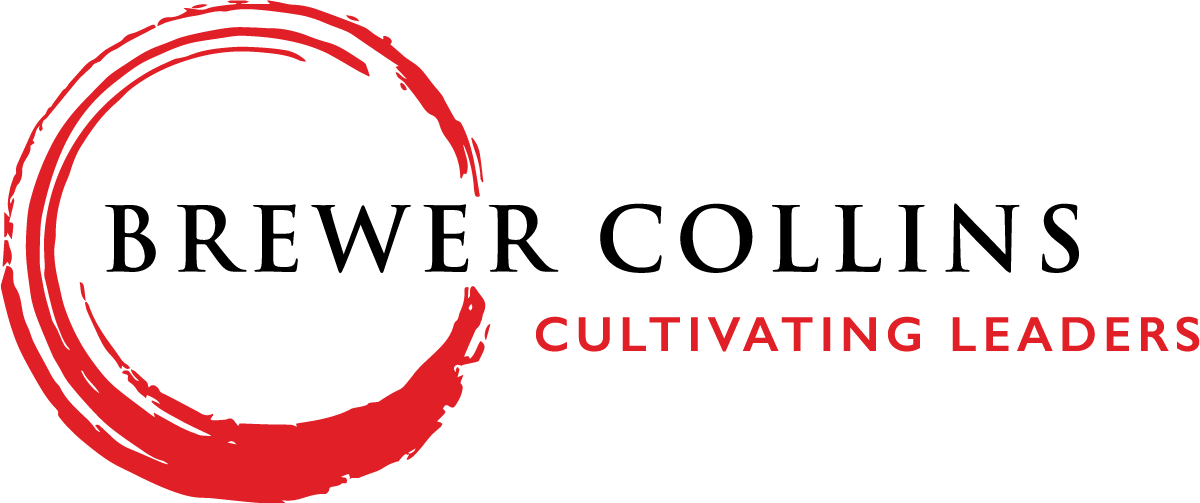Overview–The 5 Characteristics of Globally Resilient Leaders
May 30, 2023. By Lori Brewer Collins

Leaders today must carry the mantle of global responsibilities. In spite of (or perhaps because of) growing nationalism, economic survival is now a matter of transnational interdependence. Meanwhile, we are running short of leaders who have lived and worked in multiple countries, mastered a second (or third) language, and worked effectively across diverse cultures.
That leaves organizations and elected bodies with a global challenge. Often, they dispatch people abroad who are not well equipped to adapt to local norms and practices while they also deal with rapid change, think systemically across multiple networks, and manage multiple layers of complexity. They may have the right expertise to get their work done. But all too often, because of their lack of global experience and acumen, they show up with a leadership style that, while it served them well in their home country, is ineffective—or worse—in another.
In the past 15 years, experts in leadership development tried to address this problem by relying on what I call “leadership plus”. That is, we add “global acumen” to a list of our “must have” leadership competencies. We tell leaders to just do more of what any effective leader does. Maybe we bolt on another leadership development tool.
What we really need are people who have the resilience to meet the challenges of leading on a global scale.
Our existing models and assessment tools for developing global leadership tend to be primarily competency-based. What we need instead is an adaptable framework to transform people so they can lead in whole new contexts, a framework based in essential characteristics—not competencies—that enliven and fuel an overarching process of development to increase their agility and capacity.
“Vertical development” was the key that unlocked those essential characteristics for me. Researchers, including Susanne Cook-Greuter, Beena Sharma and Bill Torbert, as well as Nick Petrie, John McGuire and Gary Rhodes from the Center for Creative Leadership, have been writing about this intersection of development psychology and adult stage development for several years now. Vertical development is triggered when we recognize that our current thinking no longer helps us solve our current problems. This recognition, followed by a willingness to challenge our existing approaches and perspectives, kickstarts an inner process of progressive development.
“When you are confronted with increased complexity and challenge that can’t be met with what you know and can do at your current level, you are pulled to take the next step.”*
McGuire and Rhodes
Before developing a flexible framework for what I call the “Globally Resilient Leader”, I also considered a wide array of existing competency-based frameworks and widely used global leadership assessments. I examined several dozen in-depth critical incident interviews with global leaders from a variety of multinational companies. And I reviewed my own first-hand experiences from years of living and working outside the United States, as well as my and others’ observations working with hundreds of global leaders. From all this, I distilled a set of overall aptitudes, interests and motivations that led to choices and experiences that set the successful leaders on a positive developmental path.
Five dimensions of aptitude and inclination were predictive of a leader’s ability to work effectively in a global and/or transnational environment and set them apart because of their ability move with ease among different contexts, cultures and norms in business.
Notably, this set of five characteristics emphasizes what drove these individuals into situations and challenges that burnished their skills and added an entirely new dimension to their leadership.
So what exactly is “relentless curiosity”? What does it look like in action? And how can you develop it?
Subscribe to my Substack and you’ll discover the answers in my next article.
* John McGuire and Gary Rhodes. Transforming Your Leadership Culture. Josses-Bass, San Francisco, CA, 2009.
Photo credit: Jerry Park, “Antelope Canyon”, Slow Roads America.





